Outside the International Criminal Court's (ICC) detention centre, where former Philippines president Rodrigo Duterte was taken on Wednesday, his supporters gathered, waving national flags and shouting, "Bring him back!" as he was driven through the imposing iron gates at speed. Shortly before he landed in the Netherlands, the 79-year-old unapologetically defended his bloody "war on drugs" for which the ICC says there are "reasonable grounds" to charge him with murder as a crime against humanity. Small-time drug dealers, users and others were killed without trial on his watch as mayor and, later, as president. The official toll stands at 6,000, though activists believe the real figure could run into the tens of thousands.
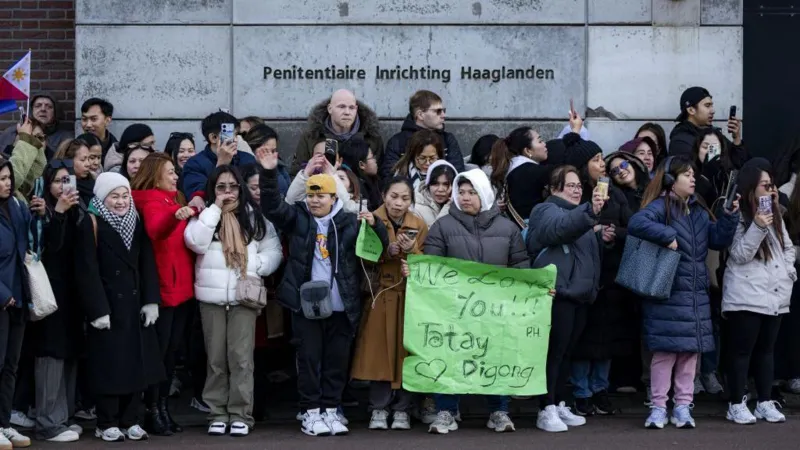
Duterte said he cracked down on drug dealers to rid the country of street crimes. However, rights groups allege that the campaign was rife with police abuse, targeting young men from the urban poor. Duterte is the first Asian former head of state to be indicted by the ICC - and the first suspect to be flown to The Hague in three years. And his arrival comes at a pivotal moment for the International Criminal Court.
How did Rodrigo Duterte end up in a jail cell?
Rodrigo Duterte's arrest and deportation on Monday was the result of an unprecedented chain of events. His supporters allege that the ICC is being used as a political tool by the country's current president Ferdinand Marcos who has publicly fallen out with the powerful Duterte family. The ICC is a court of last resort designed to hold the most powerful to account when domestic courts are unable or unwilling to do so. But this case is a reminder of the extent to which it depends on state cooperation in order to fulfil its mandate - it effectively has no power to arrest people without the cooperation of the countries they are in, which is most often refused. In the case of Duterte, chances that he would ever be prosecuted by the ICC seemed unthinkable even in 2022, when his daughter, Vice-President Sara Duterte, allied with Marcos to create the powerful "uniteam" that swept parliamentary elections. Up until a few months ago, Marcos had dismissed the idea of cooperating with the ICC. But the pace at which Duterte was served an arrest warrant and extradited shows that when political winds shift, those once considered untouchable can find themselves touching down in The Hague.
The whole process of his extradition - from his detention in Manila to his arrival in The Hague - has been documented on social media by his daughter Kitty and Duterte himself through his aide. His plane was the most tracked on flight radar. "I am the one who led our law enforcement and military. I said that I will protect you and I will be responsible for all of this," he said on a Facebook video, one of many that was shared over more than 24 hours during his journey from Manila to The Hague. It provided rare insight into what is usually an opaque process, and the world was able to follow, sometimes in real time, every step of it right down to the meals Duterte was served on board his chartered jet.
TRENDING NOW
›-
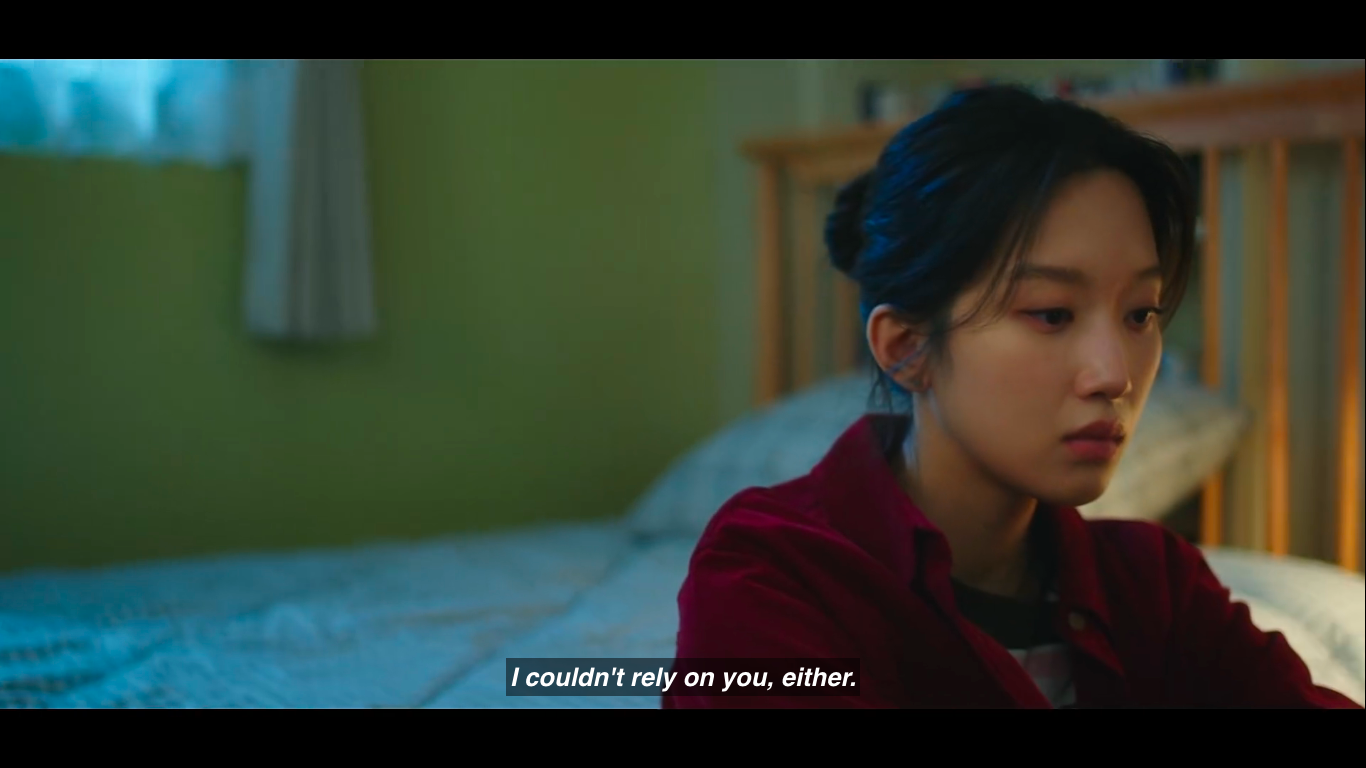 2 Difficult And 2 Happy Moments For Mun Ka Young & Choi Hyun Wook In Episodes 9-10 Of "My Dearest Nemesis"
2 Difficult And 2 Happy Moments For Mun Ka Young & Choi Hyun Wook In Episodes 9-10 Of "My Dearest Nemesis"
-
 Jeong Eun Ji, Jung Wook Jin, And More Are Co-Workers In Upcoming Drama "Pump Up The Healthy Love"
Jeong Eun Ji, Jung Wook Jin, And More Are Co-Workers In Upcoming Drama "Pump Up The Healthy Love"
-
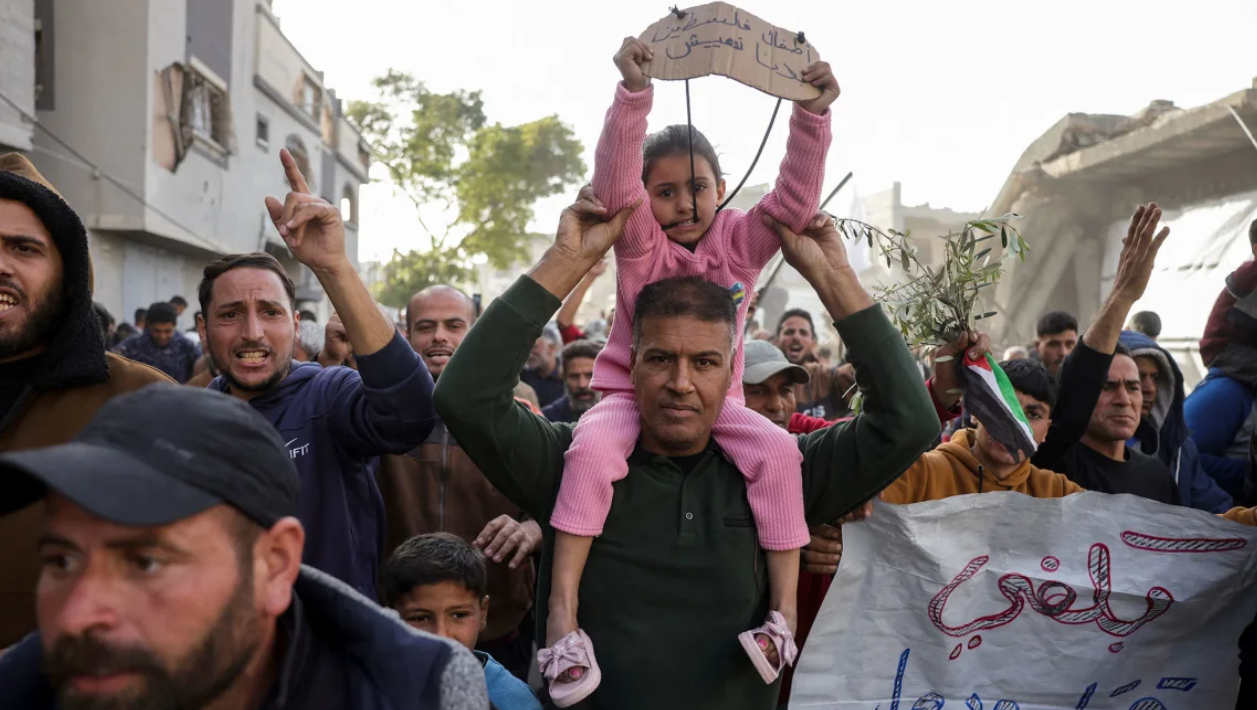 Enough war’: Why Gazans are protesting Hamas now
Enough war’: Why Gazans are protesting Hamas now
-
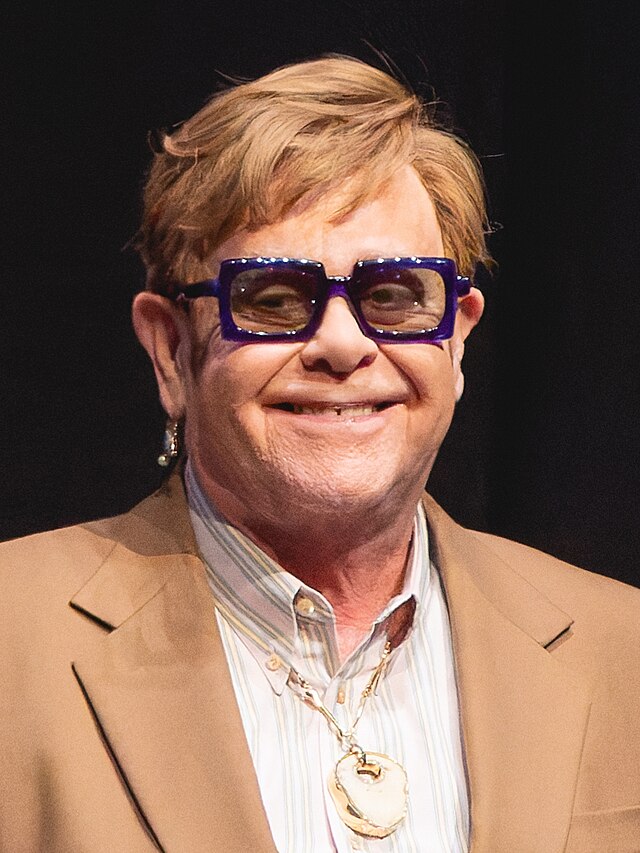 Elton John thinks recent musical flopped because 'it was too political for America': 'They don't really get irony'
Elton John thinks recent musical flopped because 'it was too political for America': 'They don't really get irony'
-
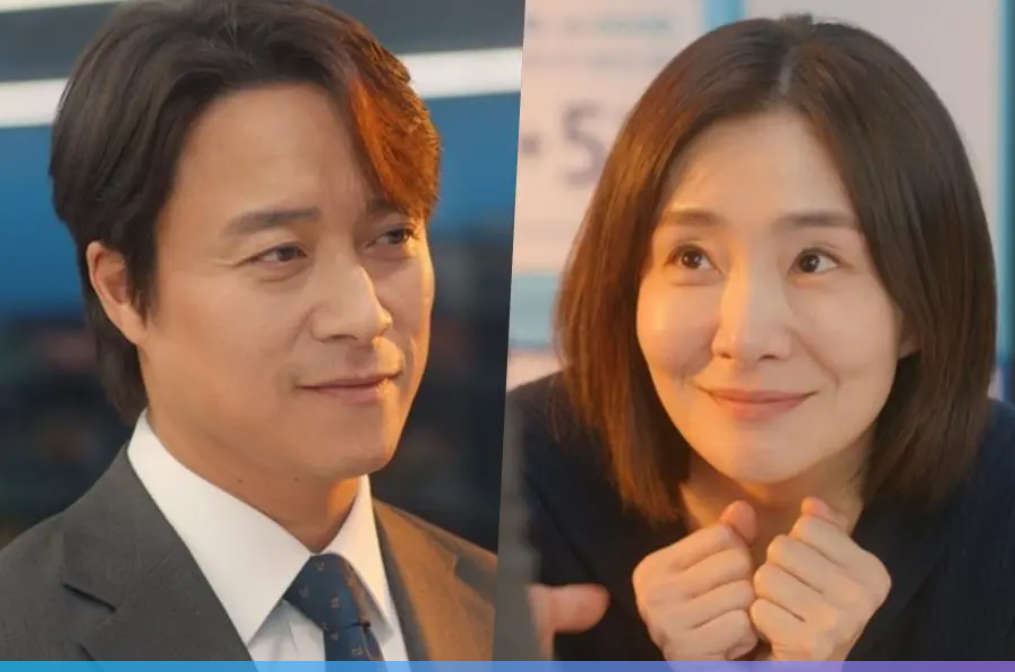 Choi Dae Chul And Park Hyo Joo Grow Fonder Of Each Other In "For Eagle Brothers"
Choi Dae Chul And Park Hyo Joo Grow Fonder Of Each Other In "For Eagle Brothers"
-
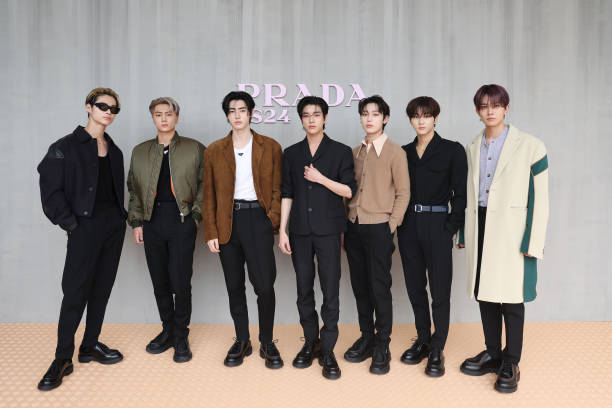 ENHYPEN To Appear On "Jimmy Kimmel Live!" Ahead Of Coachella Performance
ENHYPEN To Appear On "Jimmy Kimmel Live!" Ahead Of Coachella Performance
-
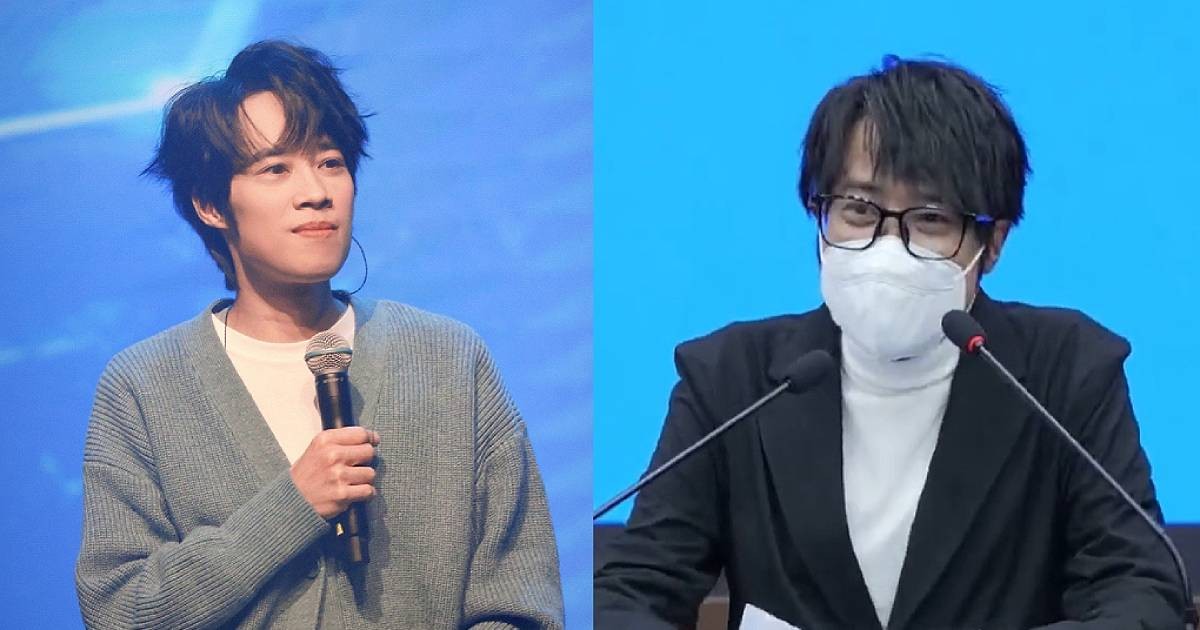 'I was brought back from the brink of death': Taiwanese singer Tank successfully receives heart and liver transplant
'I was brought back from the brink of death': Taiwanese singer Tank successfully receives heart and liver transplant
-
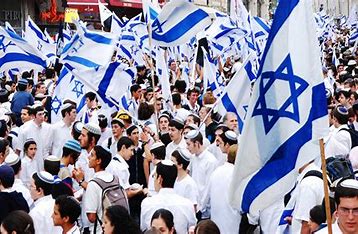 Thousands of Jewish worshippers visit Jerusalem holy site as Israeli lawmaker boasts ‘Arabs aren’t allowed to come near us’
Thousands of Jewish worshippers visit Jerusalem holy site as Israeli lawmaker boasts ‘Arabs aren’t allowed to come near us’
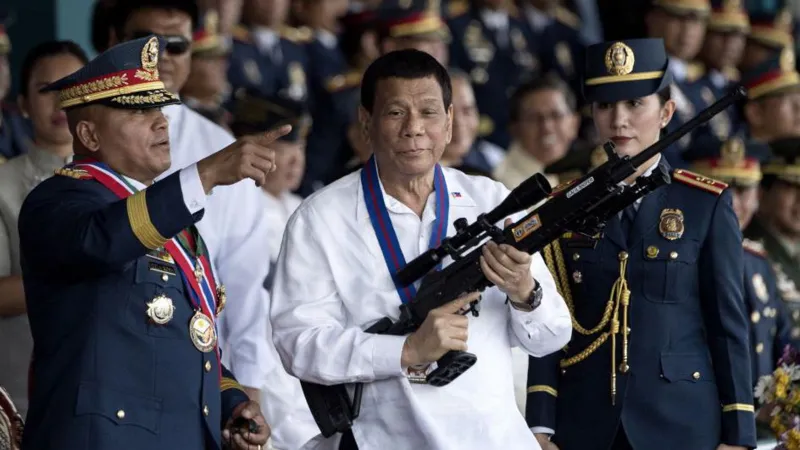
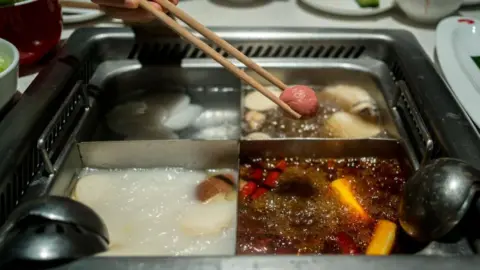
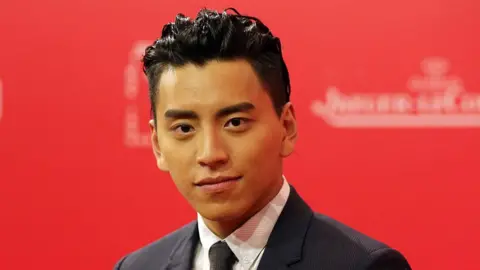
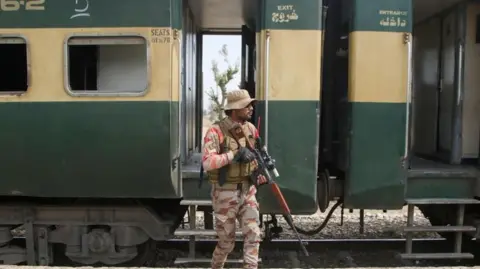
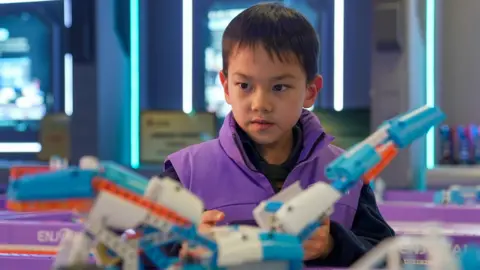
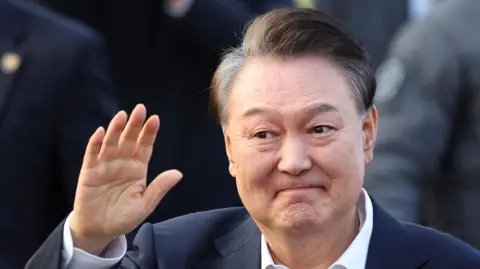
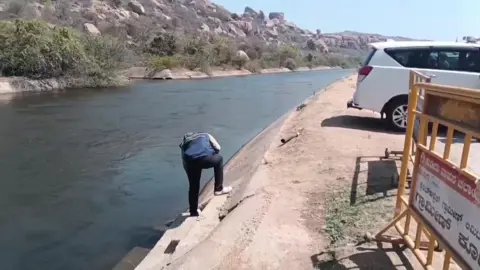
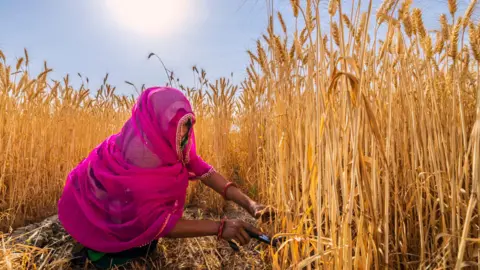
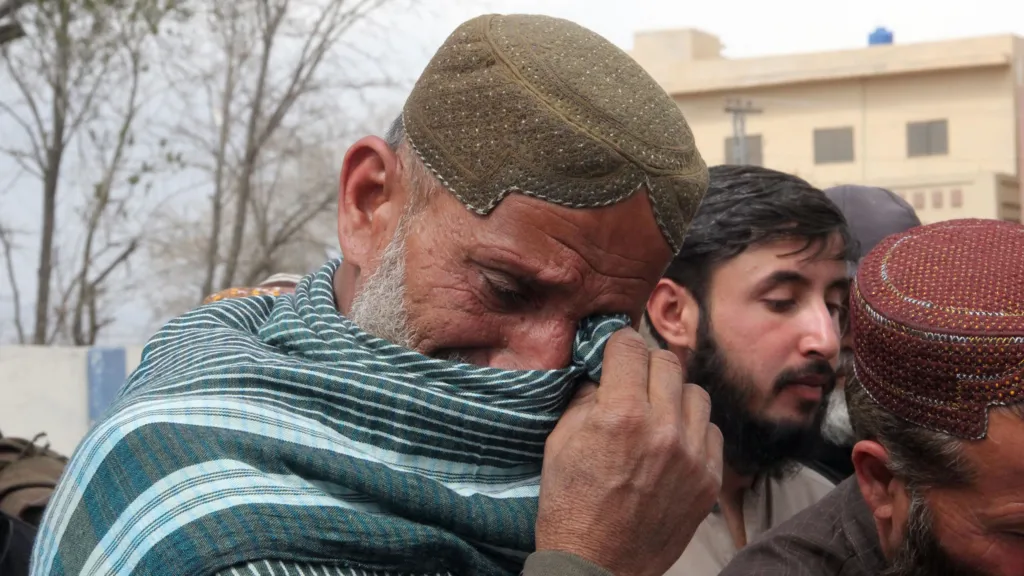
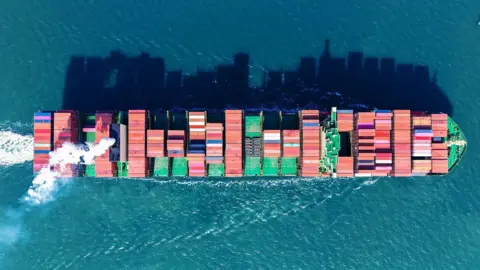
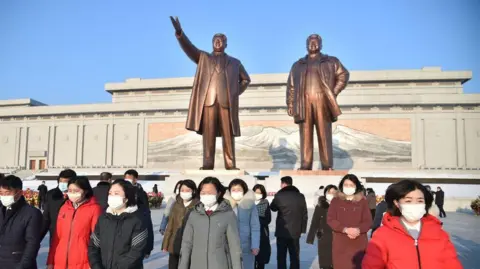
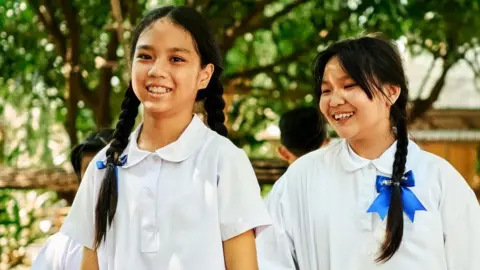
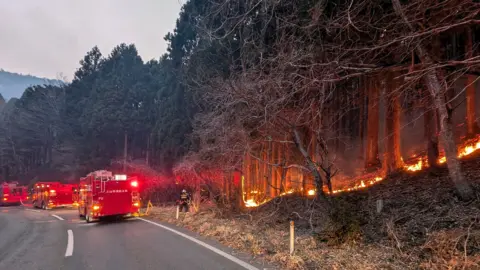
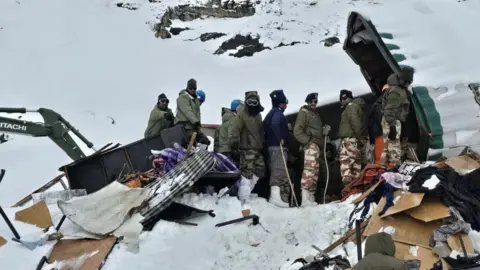

.webp)